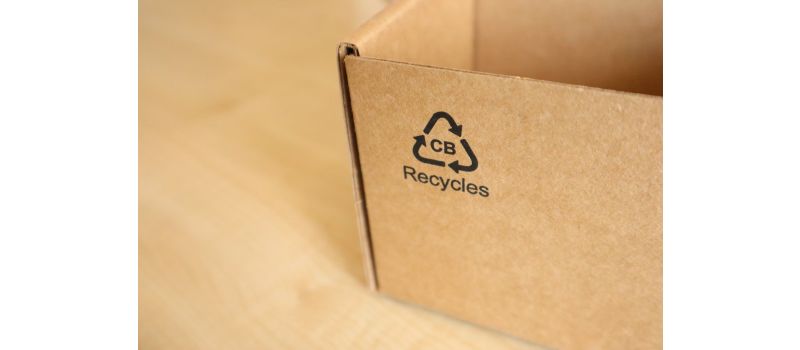With the UK government set to invest up to £295 million towards food waste and recycling, a significant overhaul of waste management systems will be effective from 31 March 2026 as part of the “simpler recycling” standardisation.
This new legislation will require local authorities in England to collect food and garden waste and all other household recyclables on a strict schedule, helping to create consistent recycling across the country and equipping local councils to meet ambitious sustainability targets.
As the deadline approaches, local authorities and communities must prepare for adjustments that promise to reshape the future of waste management in the UK. Kingfisher Direct is on hand to help you map everything you need to know.
What are recycling legislations?
Recycling laws govern how waste is collected, separated, processed, and recycled. They were introduced mainly to support environmental targets such as net-zero carbon emissions. These regulations aim to increase recycling rates while cutting contamination in recycling streams and reducing waste in landfills.
What are the new recycling laws in the UK for 2026?
For the first time in England, there will be a uniform set of rules for waste collection across all local authorities. The legislation provides a clear list of recyclable materials, such as paper, cardboard, metal, plastic, glass, food, and garden waste, and reduces regional variations in rules. However, the new legislation does not include plastic film until 2027.
The new legislation aims to simplify recycling guidelines for residents and improve recycling rates. It will also reduce contamination, support the country's commitment to the environment, and attempt to combat harmful climate change.
In the UK, around ten million tonnes of food is wasted every year, so the most notable change is a weekly food waste collection for every home in every local authority. This attempt should reduce harmful greenhouse gases by around 18 million tonnes.
With the laws, residents will typically separate recyclables into:
-
One bin for glass, metals, and plastics
-
Another bin for paper and cardboard
-
A separate container for food waste
-
Plastic Film: From 31 March 2027, plastic film collection (e.g., plastic bags and packaging) will become mandatory.
Effects of New Recycling Legislation
Local authorities' existing waste collection services must be revamped to meet the new standard. This may involve overhauling current waste collection systems, investing in new vehicles, and upgrading recycling facilities to handle a broader range of materials.
Budget pressures and low resources could present challenges, as some local authorities are already struggling with the current financial market. Collaboration between neighbouring councils and government bodies will be essential for a smooth transition before the 2026 deadline. Government education will also be a significant requirement to inform staff and residents of the new expectations.
Mandatory weekly food waste collections will divert thousands of tonnes of biodegradable waste from landfills, cutting methane emissions and creating opportunities for renewable energy generation through anaerobic digestion. In the long run, local authorities could save significant money, allowing them to invest in neglected areas in their constituency.
Current England Household Recycling Rules
Until these new rules take effect, local authorities continue to operate their recycling schemes, which vary constituency to constituency but may include:
-
Different bin colours
-
Varied lists of accepted recyclables
-
Different collection frequencies
-
Optional or unavailable food waste collections in some areas
What can you do to prepare for the new recycling legislation?
-
Learn the new rules: There will be four main categories of separation: residual, food, paper and card, and then all other dry materials.
-
Check Council Communications: Look for correspondence from your local authority about the rules in your area.
-
Organise at home: Set up separate bins and containers indoors to ensure easy recycling.
-
Educate the household: Ensure everyone at home knows the new rules and follows them to the best of their ability.
-
Reduce contamination: Rinse, flatten and sort materials properly.
-
Practice: Set up a food caddy and practice weekly food waste disposal.
-
Prepare for 2027: Find a local recycling place for your films and bags to get used to separating these from your recycling.
With the 2026 deadline looming, local authorities, residents, and businesses must start preparing for the upcoming changes. While the transition may present challenges in the short term, the long-term benefits for the environment and communities should far outweigh any initial teething problems.
Councils are encouraged to begin planning, review current services and identify areas for improvement. For the public, staying informed about what’s coming and how it will affect household routines will be key to making the most of the new system and ensuring a smooth rollout.
Kingfisher Direct provides recycling solutions for shared workspaces, including bins, stations, and educational resources to help you meet the 2026 deadline. Explore our full range of waste management solutions today, and please don’t hesitate to contact us should you need any help.
Why not visit the Kingfisher Direct Blog for more waste management tips?

